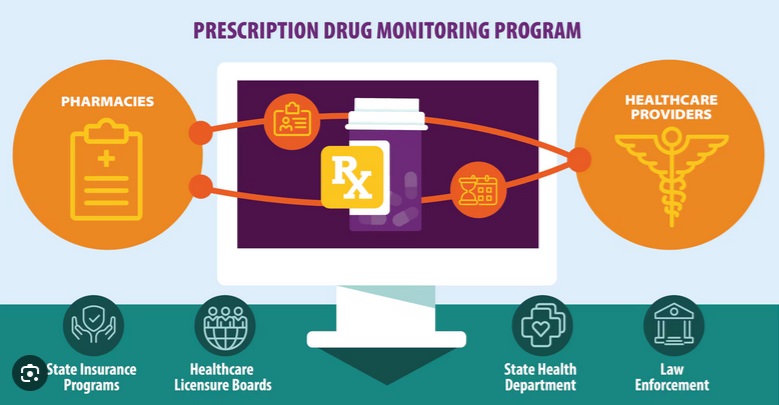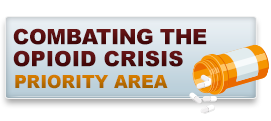
Who We Are
Schedule IV Drugs
Schedule IV drugs, substances, or chemicals are controlled drugs that may be medically necessary but with the following characteristics.
Potential for abuse: LOW
Potential for severe psychological or physical dependence: LOW
Some examples of Schedule IV drugs are:
Xanax (Alprazolam)
Soma (Carisoprodol)
Darvon (Propoxyphene); was withdrawn from the US market due to safety concerns.
Darvocet (Propoxyphene and Acetaminophen); was withdrawn from the US market due to safety concerns.
Valium (Diazepam)
Ativan (Lorazepam)
Talwin (Pentazocine)
Ambien (Zolpidem)
Tramadol (Ultram).
The above list is not exhaustive. There are numerous other substances that fall or could fall under Schedule IV.
Our policy regarding Schedule IV Drugs:
Per regulation, WE CAN prescribe, dispense, or administer Schedule IV drugs for medical needs and under the right conditions.
Possible side effects of Some Schedule IV Drugs and Substances:
Here are some of the side effects associated with a few Schedule IV drugs:
Xanax (Alprazolam): Common side effects include drowsiness, light-headedness, insomnia, impaired coordination, fatigue, and memory problems. Long-term use can lead to dependency, tolerance, and withdrawal symptoms upon cessation.
Soma (Carisoprodol): This muscle relaxant can cause drowsiness, dizziness, headache, and increased heart rate. Abuse can lead to dependence, withdrawal symptoms, and misuse can result in overdose and death.
Darvon (Propoxyphene) and Darvocet (Propoxyphene and Acetaminophen): Both Darvon and Darvocet have been withdrawn from the U.S. market due to safety concerns, including the risk of serious toxicity to the heart. When they were available, typical side effects included dizziness, headache, nausea, vomiting, and drowsiness.
Valium (Diazepam): Side effects can include drowsiness, muscle weakness, fatigue, confusion, and impaired coordination. Long-term use can lead to dependence and withdrawal symptoms.
Ativan (Lorazepam): Common side effects include sedation, dizziness, weakness, and unsteadiness. Prolonged use can result in dependency and withdrawal symptoms.
Talwin (Pentazocine): Side effects can include dizziness, headache, nausea, vomiting, and sweating. It can also cause confusion, hallucinations, and euphoria, particularly at high doses.
Ambien (Zolpidem): Often used for short-term treatment of insomnia, side effects include drowsiness, dizziness, headache, nausea, and "sleep-driving" or performing other activities while not fully awake. Long-term use can lead to dependence and withdrawal symptoms.
Tramadol (Ultram): This pain reliever can cause dizziness, nausea, constipation, headache, drowsiness, and vomiting. It has a risk of serotonin syndrome when combined with other medications, and long-term use can lead to addiction and withdrawal symptoms.
.
While Schedule IV drugs are considered to have a lower risk of dependence and abuse, patients need to use these medications as prescribed to minimize risks and manage side effects effectively.
Our Prescription Drug Monitoring Policy
Our policy follows the CDC's PDMP guidelines to reduce the risk of drug overdose.


The landscape of marijuana is rapidly changing, with national movements pushing for its legalization and its medical use showing remarkable outcomes in a host of treatments. Also, there's a growing perception that marijuana transcends the traditional label of a "drug" and is viewed instead as a beneficial ally in medical therapy and even for recreational use.
Despite these shifting attitudes and the positive embrace of medical marijuana, it's essential for our patients to understand our critical regulatory reality. Under DEA guidelines, we remain restricted from prescribing, dispensing, or administering any substance listed as a Schedule I drug, which includes marijuana. This legal boundary shapes our practice and the services we can offer, even amidst evolving societal and medical perspectives.
So, under DEA guidelines, we are unable to prescribe, dispense, or administer marijuana (or cannabis or its other names).

Psychiatric evaluation and management
Other psychiatric and mental health reports.
Substance Abuse
We also provide these administrative services
Here're addiction problems we treat
Other nutrition and weight management services.
And we provide nutrition and weight management services to make your well-being even more complete
Don't let life's challenges define you—or your loved one—we are here to help you overcome and thrive!
Here're psychosocial and psychosomatic issues we treat
We operate under the laws and regulations of the State of Maryland as a Maryland outpatient clinic.

Home | About Us | Our Services | Blog | Terms & Conditions | Privacy | Telehealth | Forms & Resources | Appointments | Log In | Site Map | Contact Us
BY APPOINTMENT ONLY | NO WALK-IN
BEST WAY TO CONTACT US
Sign In to your account or Fill out the Contact Form or Appointment Form
or
Send us an Email at admin@jolclinic.com
Tel: (410) 231-3118 | Fax: (410) 262-6911
PATIENT RECORDS
To request your patient records, please sign in or go to the patient records information page.
Copyright © 2024 by the Joy of Life Clinic LLC.
4900 Belair Road
Baltimore MD 21206






















